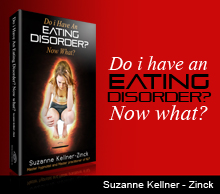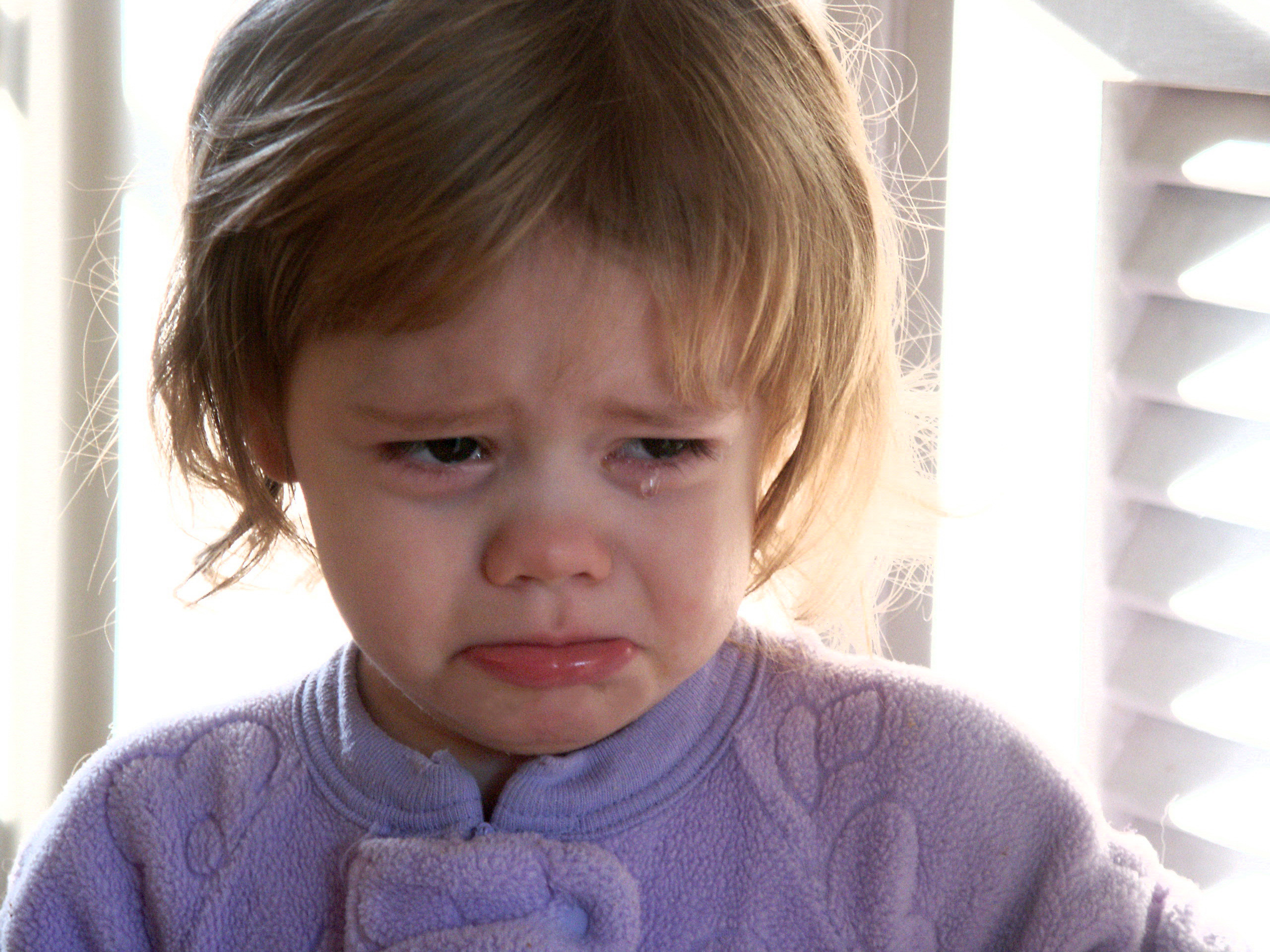
How do I know if my kid has an emotional problem? What Do I look For? – Vol. 196, April 13,
Emotionally healthy children are able to demonstrate a range of emotions appropriately. These children are engaged in their lives with an aura of confidence. If they are having a problem, they will be able to speak openly about it to receive comfort and support.
Children who have emotional issues show it through an expression or repression of their feelings and/or change in their behaviors.
Indicators to look for:
Excessive fears and worries
Visible prolonged sadness
Easily triggered anger
Overwhelmed with guilt
Loss of interest in friends
Loss of interest in favorite activities
Sudden change in weight – gaining or losing to much
Sudden changes in sleep habits – too much, too little, nightmares
Seeing and hearing things that are not there
Substance abuse
Hyperactivity
A child that is always happy all the time or excessively loving may also have some emotional issues.
There are also children who close down their emotions having been hurt too many times, demonstrating a different set of emotional issues.
If you as the parent are noticing any of these indicators, here are some steps you can take to help your child:
If for example your child is triggered to anger very easily:
Find some private time and ask: Is there anything that I can do to help you to deal with whatever is causing the anger? I have seen you getting angry much of the time. Give a few examples.
Let the child know that you love them and want to help them.
Let the child know that s/he will not get into trouble by talking to you.
If the child is willing to talk, you can offer to help the child figure out what would be best to help the child feel loved and supported.
If the child feels that s/he needs outside help, you can ask the child what sort of help he or she would like? I have found in my practice it is usually the children who ask their parents if they can see a hypnotist.
If the child is unwilling to open up to you, let the child know that it is okay and ask if there is something bothering the child that he or she would like to keep private?
Usually when a child is fearful to speak with you, it means that they do not feel safe speaking with you about the problem. So, ask the child if S/he is afraid to talk to you.
Regardless of how the child answers, tell the child that it is better for you to find out from them, then to find out on your own.
Wait a few days to see if the behavior has changed. If not it is time to ask the child’s friends if something is going on that you need to know about.
If the feelings and behaviors continue it is time to seek some professional help. Your child’s safety is the most important thing here.
One thing that I would like to point out to you is that when a child is happy all the time or sad all the time, you need to take notice. It is these kids who are most likely depressed at risk for suicide if the situation isn’t dealt with.
If you have a child that isn’t eating, once again, the child’s life may be at risk, so take this as a serious indicator that the child may be depressed or is showing to have an eating disorder. Unfortunately this illness is effecting 8 to 12 year olds these days.
If you believe your child is getting into substance abuse, understand that there will be much denial about the problem, because that is the way the illness works. The substance abuser/addict will rarely admit that there is a problem. It is through being aware of what your child is doing and with whom your child is spending time, that you will have a better idea of what is really going on.Too many teens die due to abuse of substances these days feeling that they are immortal without understanding what their young bodies can tolerate.
Most of all, if you feel in your heart that there is something wrong going on, follow those instincts and get the appropriate help for your child.

Do I have an Eating Disorder? Now What?
Do you suspect that either you or a loved one might be suffering from an Eating Disorder? Find out for sure as well as the best ways to treat Anorexia or Bulimia in "Do I have an Eating Disorder? Now What?", currently available from the Dawning Visions Hypnosis Store.
Do I have an Eating Disorder? Now What?

